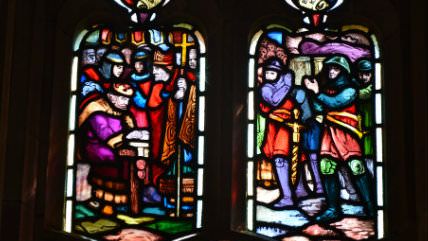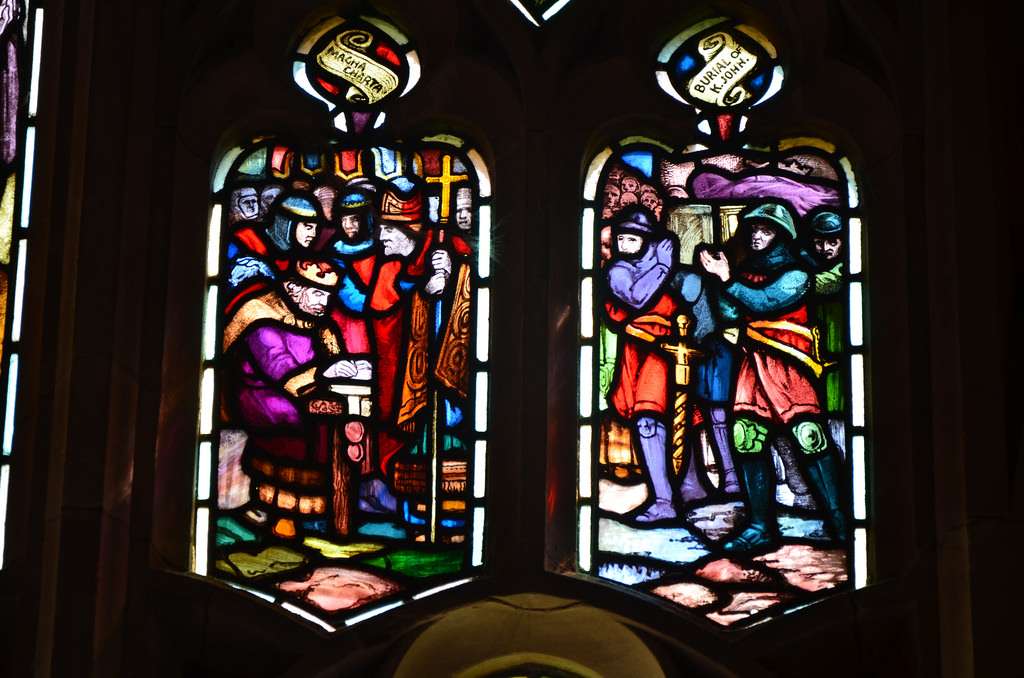Sheldon Richman Reflects on Magna Carta
If Magna Carta was a key moment in the West's advancement toward liberalism, the trajectory was neither straight nor smooth.


Today is the 800th anniversary of the day in 1215 that rotten King John put his seal to the sheet of parchment called the Articles of the Barons—later to be known as Magna Carta—at Runnymede in England. It wasn't the first charter issued by an English monarch pledging to subordinate his power to the law, yet it has had a staying power like no other in the imagination of people worldwide.
While Magna Carta did not raise the curtain on a libertarian, or even classical liberal, future, it may be said to have gotten the ball rolling, even if that was not part of anyone's intention. And the story of Magna Carta is instructive precisely because of its unintended consequences, argues Sheldon Richman.


Show Comments (0)